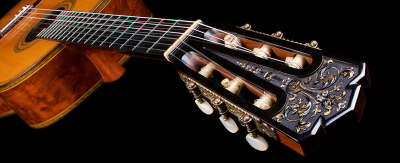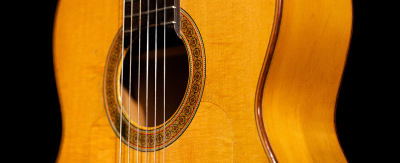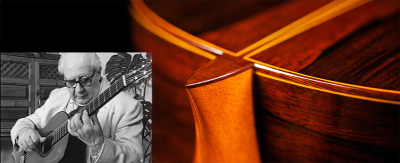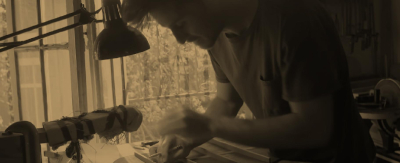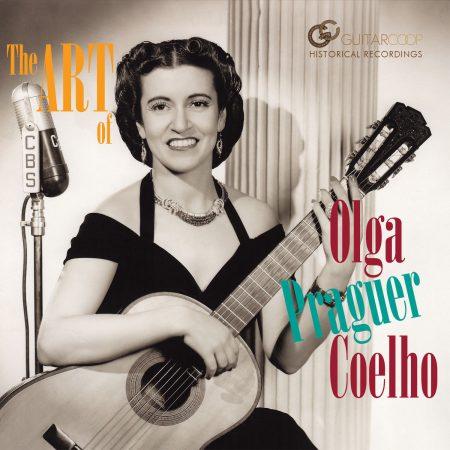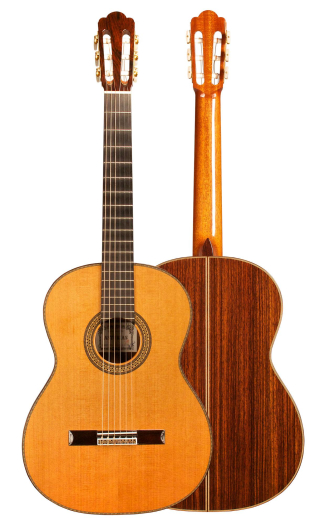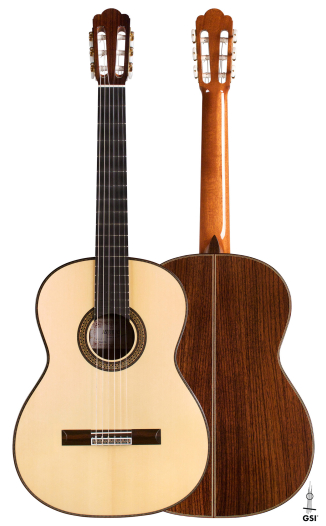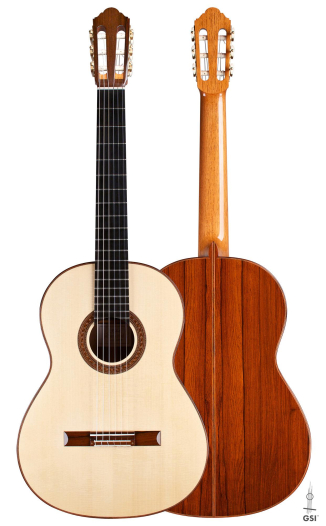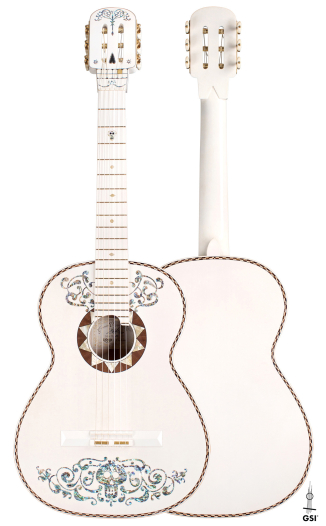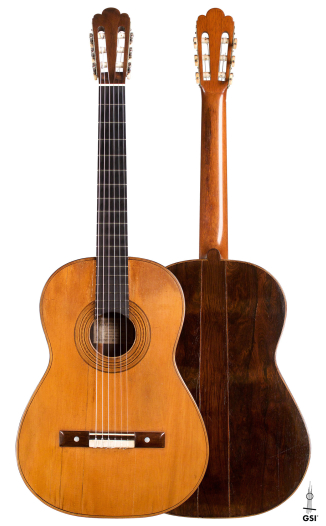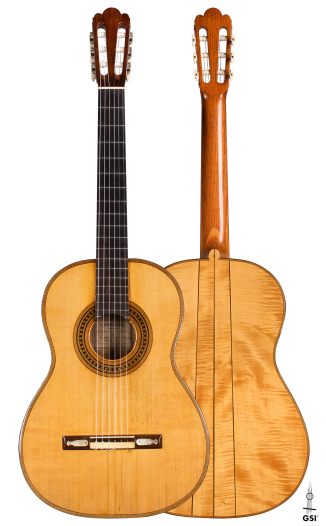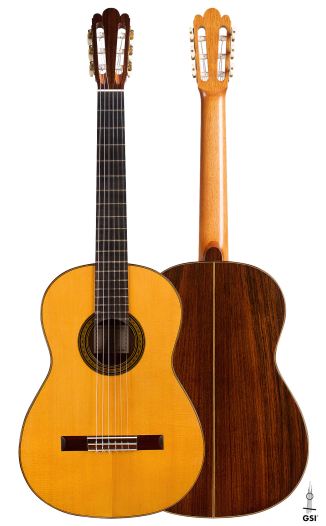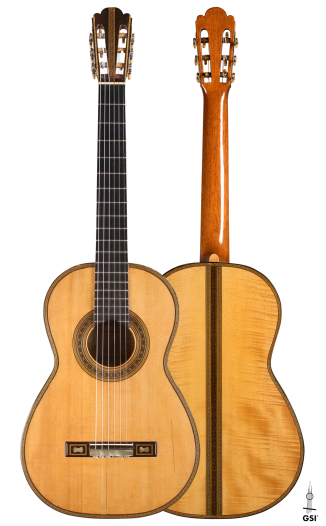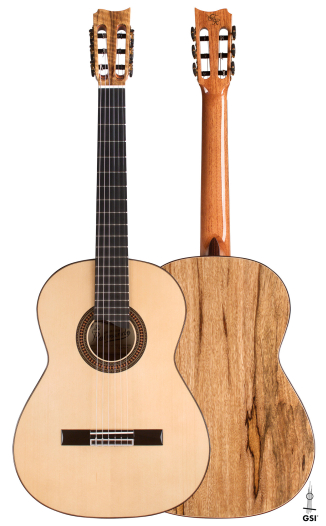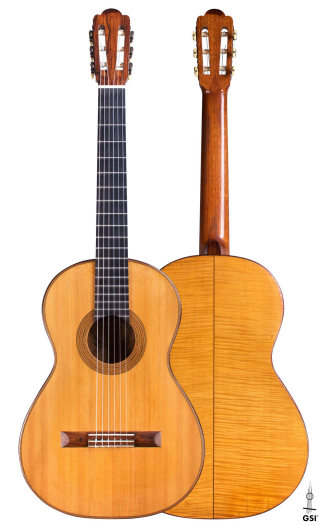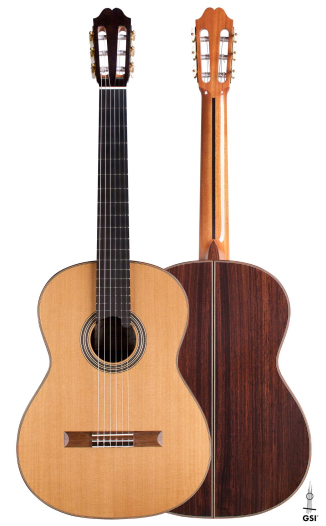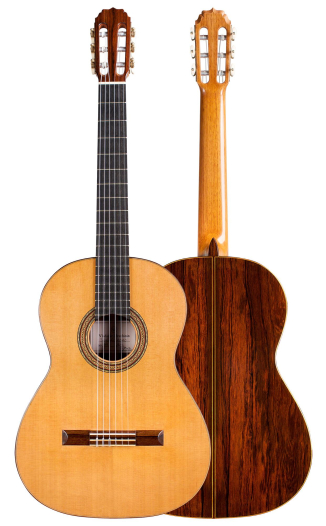Olga Praguer Coelho - The Art of Olga Praguer Coelho
$15.00
1) A Mosca na Moça 3:06
Popular Brazilian motif/Odeon 10514/December 29, 1929/Olga Praguer Coelho, guitar
2) Virgem do Rosário 2:17
Popular Brazilian motif, adapted by Olga P. Coelho/Victor 34042/April, 1936/R. Guimarães & João Nogueira, guitars
3) Cantiga Ingênua 3:02
Olga P. Coelho & Gaspar Coelho/Victor 34056/ May, 1936/ Pereira Filho & Luiz Bittencourt, guitars
4) Bahiana 2:31
Olga P. Coelho & Eduardo Torinho/Victor 34056/May, 1936/Irmãos Carolino, guitars
5) Róseas Flores 2:38
Popular Brazilian melody, adapted by Olga P. Coelho/Deutscher Rundfunk broadcast/November 17, 1936/Olga P. Coelho, guitar
6) Agáchate el Sombrerito 2:39
Traditional Colombian song, arranged by Jorge Añez/Deutscher Rundfunk broadcast/May 31, 1938/Olga P. Coelho, guitar
7) La Cucaracha [with introduction] 3:06
Traditional Mexican song/CBS Radio broadcast/January 29, 1942/Olga P. Coelho, guitar
8) Canción Andaluza 2:15
Traditional Spanish song, arranged by Andrés Segovia/Hargail MW 700/1944/Olga P. Coelho, guitar
9) Asturiana 2:08
Manuel de Falla, arranged by A. Segovia/Parlophone RO 20580/1949/Olga P. Coelho, guitar
10) Nana 1:39
Manuel de Falla, arranged by A. Segovia/Hargail MW 700/1944/Olga P. Coelho, guitar
11) O Rei Mandou me Chamá 1:39
Folkloric Brazilian song/Parlophone RO 20599/1949/Olga P. Coelho, guitar
12) Meu Limão, Meu Limoeiro [with introduction] 3:17
José Carlos Burle/RCA Victor 26-9018/1947/Olga P. Coelho, guitar
13) Danҫa do Caboclo 1:02
Hekel Tavares/Parlophone RO 20599/1949/Olga P. Coelho, guitar
14) La Mulita [with introduction] 4:16
Francisco Amor/RCA Victor 26-9019/1947/Olga P. Coelho, guitar
15) C’est Mon Ami 3:44
Marie Antoinette & Claris de Florian, arranged by Andrés Segovia/Vanguard VRS 7021/1954/Olga P. Coelho, guitar
16) Ojos Morenicos 2:03
Spanish Renaissance villancico by Pedro de Escobar, arranged by Andrés Segovia/Vanguard VRS 7021/1954/Olga P. Coelho, guitar
17) Se Florindo è Fedele 2:18
Alessandro Scarlatti, arranged by Andrés Segovia/Vanguard VRS 7021/1954/Olga P. Coelho, guitar
18) Casinha Pequenina 3:36
Popular Brazilian Song/Decca DL 10018/1960/Olga P. Coelho, guitar
19) Banzo 3:16
Hekel Tavares & Murilo Araújo/Decca DL 10018/1960/Olga P. Coelho, guitar
20) Azulão 1:44
Jaime Ovalle/Decca DL 10018/1960/Olga P. Coelho, guitar
21) Cordão de Prata 2:02
Brasilio Itiberê/Decca DL 10018/1960/Olga P. Coelho, guitar
22) Xangô 3:58
Traditional Brazilian chant/Decca DL 10018/1960/Olga P. Coelho, guitar

